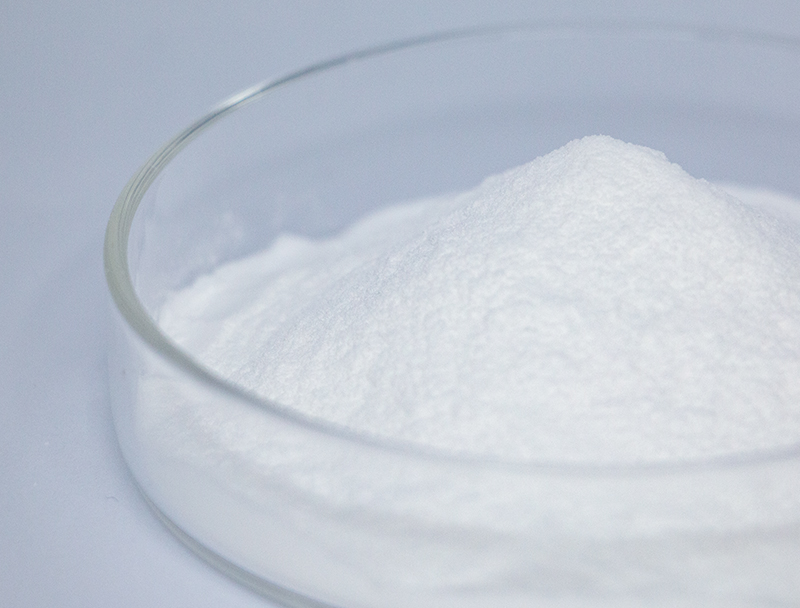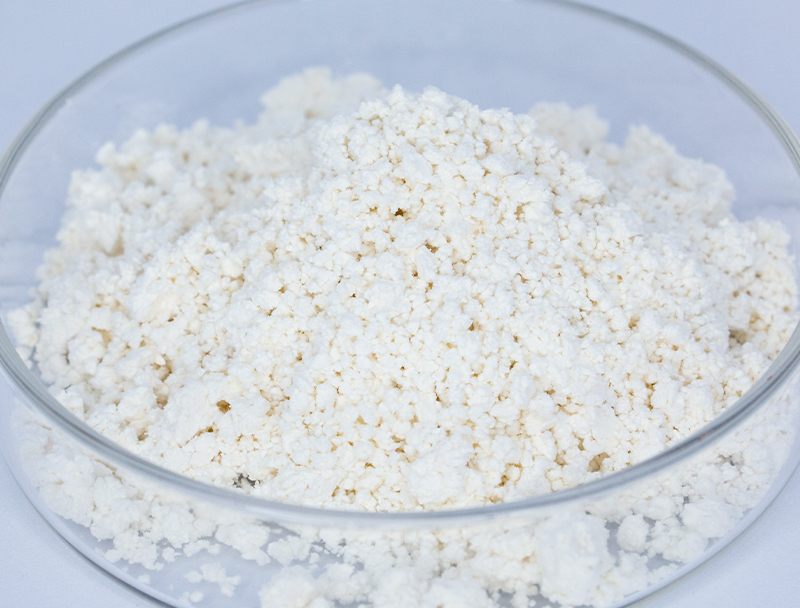
Biomanufacturing relies heavily on a broad palette of starting materials to produce innovative bio-based products.
Preserving continuous ethical sourcing of resources underpins enduring viability and ethical market growth.
an array of drawbacks from conventional supply chains including carbon-intensive impacts and resource exhaustion. Accordingly, manufacturers should embrace green sourcing tactics to shrink their ecological impacts.
- Cases of responsible feedstock strategies feature:
- Adopting organic-origin materials from crop remnants
- Installing reclamation workflows to diminish waste and heighten recovery
- Collaborating with regional vendors focused on fair procurement
Embracing sustainable procurement produces environmental benefits with profitable potential.
Tuning Feedstock Characteristics for Higher Biofuel Efficiency
Advancing fuel production depends on feedstock consistency and composition. Engineers continually develop approaches to improve biomass suitability, resulting in superior production volumes and sustainable energy gains. Approaches include genomic enhancements to boost biomass growth and processing methods to convert complex lignocellulose into fermentable sugars.
- Furthermore, teams search for alternative biomass sources including algal strains, industrial wastes, and crop leftovers to broaden sustainable feedstock options for fuels.
- With persistent development the field will likely demonstrate notable gains that foster a more sustainable energy system.
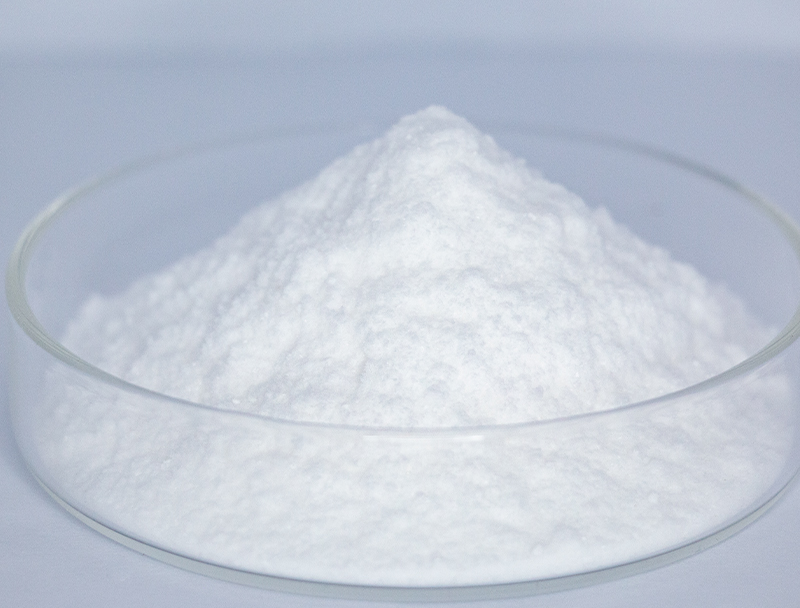
Enhanced Upstream Strategies for Biopharmaceutical Yield
includes primary operations from inoculation through cell collection Modern progress within the sector has contributed to more efficient processes and higher production.
Crucial progress includes proprietary cell systems, optimized growth media, and adaptive bioreactor architectures. These innovations not only enhance productivity but also minimize production costs and environmental impact.
- In addition, momentum toward nonstop processing offers improved flexibility and optimized operational flow.
- Implementing cutting-edge manufacturing technologies will probably redefine workflows and accelerate innovation.
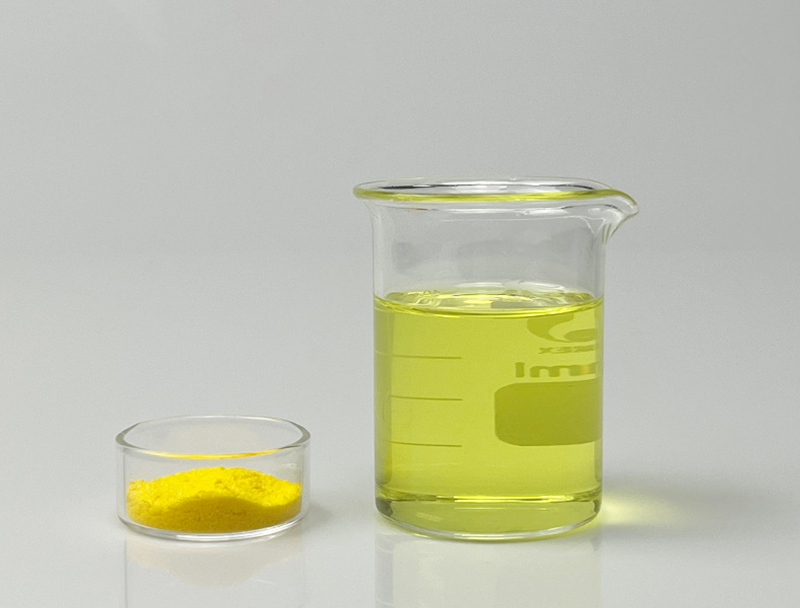
Molecular Editing Strategies to Increase Bioproduct Output
breakthroughs in precise gene modification systems have reshaped biopharma production. Through controlled genetic modifications, practitioners increase therapeutic protein production. Such strategies offer promise to create cost-effective, high-efficiency therapeutics across many disease areas.
Leveraging Microbes to Tackle Environmental Pollution
state-of-the-art biological cleanup solutions using targeted microbial actions. Microorganisms possess the remarkable ability to degrade and transform harmful pollutants into less toxic substances.. Harnessing microbe-based degradation fosters cleanup tactics that minimize environmental disruption and residual waste.. Research teams analyze microbial diversity to find candidates that metabolize heavy metals, break down pesticides, and treat oil-contaminated matrices.. These microbes operate in engineered systems or direct environmental applications to metabolize and remove contaminants.
Employing microbial strategies for remediation provides multiple benefits versus traditional techniques. Microbe-driven cleanup typically costs less and generates fewer dangerous byproducts. Concurrently, these solutions provide focused remediation without widespread environmental harm. The field is rapidly refining methods to make microbial remediation more efficient and broadly effective.
Data-Driven Approaches for Therapeutic Development
Bioinformatics techniques are integral to present-day therapeutic development workflows. By integrating diverse datasets, bioinformatics enhances candidate identification and therapeutic optimization.
- Through mining large genomic, proteomic, and clinical repositories, informaticians reveal new targets and forecast drug behaviors.
- Moreover, bioinformatics contributes to drug design by simulating the interactions between drugs and their targets, ultimately leading to the development of more effective drugs.
- In summary, bioinformatics overhauls pharmaceutical R&D and quickens the path to safe therapeutics for patients.
Metabolic Design Approaches to Boost Bioproduct Yields
integrates multiple methods to augment cellular production of target bioproducts. Options include metabolic rerouting via gene edits, expression tuning through regulatory control, and incorporation of foreign enzymes to expand function.. Via targeted metabolic optimization researchers can meaningfully escalate production of desired biochemicals.
Such an integrated approach may disrupt diverse fields including therapeutics, crop science, and sustainable fuels.
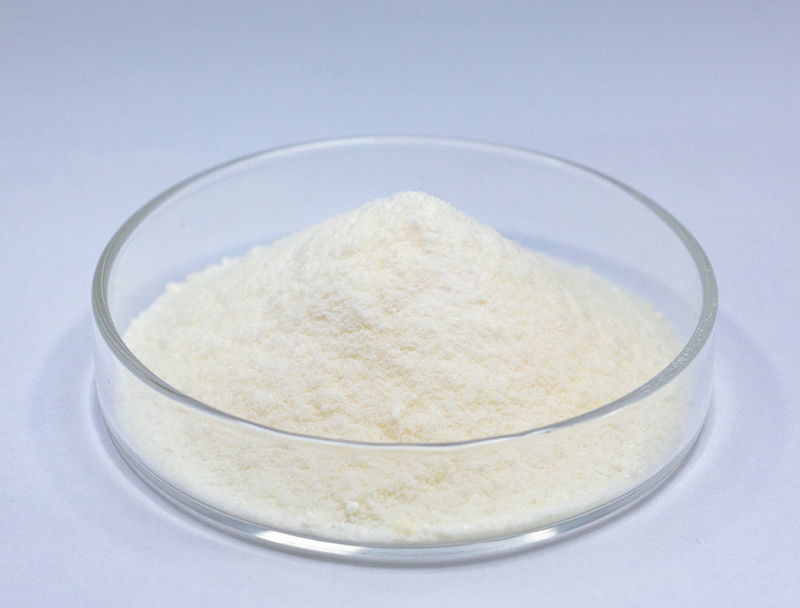
Upscaling Biopharma: Obstacles and Potential Gains
Scaling up biopharmaceutical production presents both significant challenges and exciting opportunities. Preserving batch-to-batch quality when scaling up is Calcium Propionate a key challenge. Overcoming this requires advanced process control, continuous monitoring, and sensitive analytical platforms.

Process intricacy spanning various stages creates significant scale-up complexities.. Refining processes for commercial volumes demands deep R&D investment and novel engineering solutions.. Nonetheless, the advantages can be major. Skilled scaling can enlarge supply, lower prices, and increase profit potential.
Challenges are being addressed through a number of initiatives. They encompass new process-improvement tools, in-line analytics for continuous oversight, and creative manufacturing approaches.
- Research and development activities are central to evolving manufacturing capacity.
- Authorities are revising processes to enable faster clearance of manufacturing innovations and encourage progress.
Mapping the Compliance Environment for Safe Therapeutic Development
Producing biopharmaceuticals demands comprehensive oversight to guarantee safety and clinical effectiveness. Therapies derived from biological organisms carry special considerations not typical of conventional pharmaceuticals.
Regulatory authorities including FDA and EMA are central to creating criteria and processes for approving innovative biologics..
Comprehensive testing regimens must be followed from early-stage research through ongoing post-approval monitoring.. These measures aim to identify potential risks and guarantee that biopharmaceuticals meet the highest levels of safety..
In addition, regulatory entities adapt their frameworks to stay current with rapid research and technological developments.. Strategies include welcoming technological advances and simplifying development while prioritizing patient safety.

Plant-Derived Inputs for Next-Gen Bioplastics
The growing need for sustainable materials has led to a surge in research and development of renewable options. Plant-origin feedstocks converted into bioplastics create promising opportunities for eco-friendly materials. Plant-based biomass resources such as cornstarch, cellulose, sugarcane can be processed into biodegradable plastics that degrade naturally, minimizing the environmental impact of conventional plastics.
Likewise, some plant-derived plastics perform similarly to petroleum-based materials for a variety of uses.. Continued research and innovation in this field are crucial to unlocking the full potential of plant-based biomass feedstocks in the manufacture of sustainable bioplastics, paving the way for a circular economy.
Emerging Biotech Solutions for Health and Food Security
Biotechnology offers potent solutions for advancing public health and enhancing food security. Applying targeted genetic edits, synthetic biology frameworks, and cellular therapeutics, practitioners produce measures to address infectious disease, boost harvests, and upgrade nutritional content.. To illustrate, modified plants designed for pest resilience and environmental tolerance can raise outputs and reduce pesticide application.. Concurrently, biotechnology drives development of immunotherapies, antibiotics, and diagnostics that play a key role in controlling diseases and improving health metrics. Continued scientific progress suggests biotechnology will increasingly underpin healthier, more sustainable societies worldwide.
